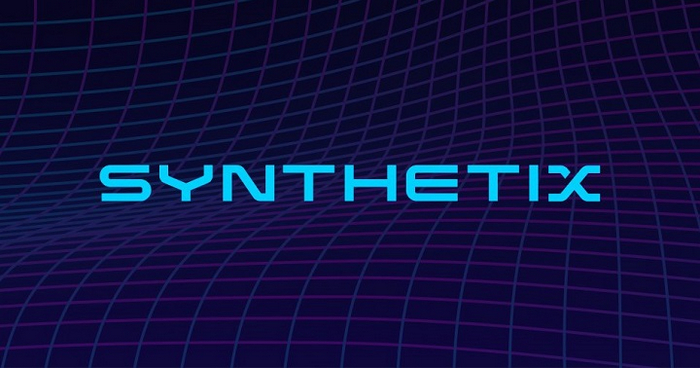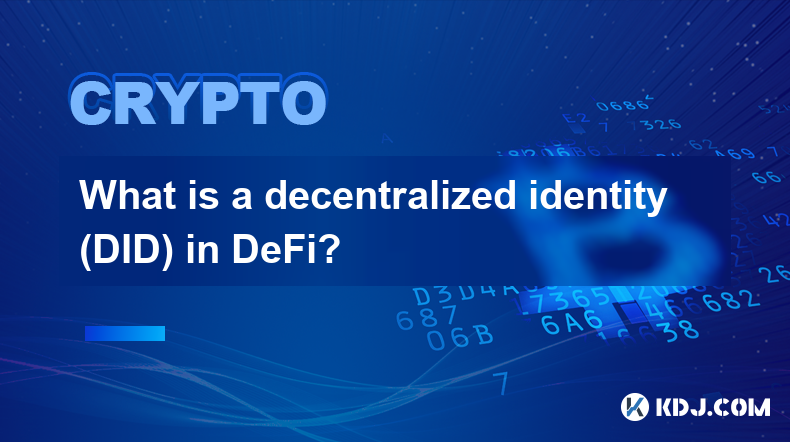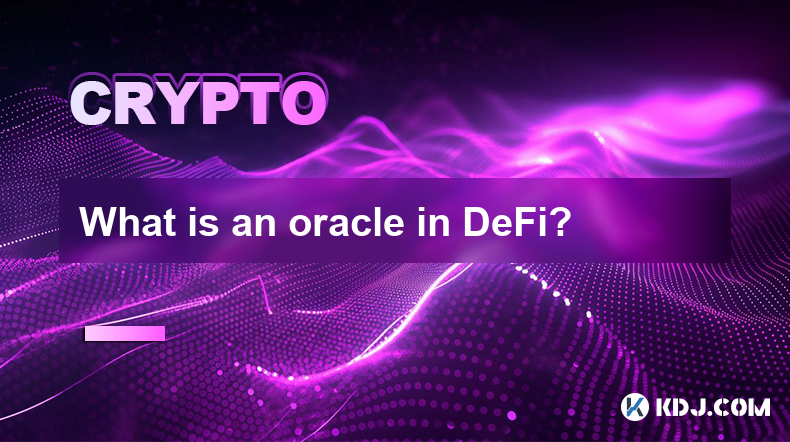-
 Bitcoin
Bitcoin $82,314.6479
0.18% -
 Ethereum
Ethereum $1,820.8575
1.62% -
 Tether USDt
Tether USDt $0.9998
0.01% -
 XRP
XRP $2.0777
-2.42% -
 BNB
BNB $603.5843
1.03% -
 Solana
Solana $125.0527
0.53% -
 USDC
USDC $0.9999
-0.01% -
 Dogecoin
Dogecoin $0.1645
-0.75% -
 Cardano
Cardano $0.6560
-0.27% -
 TRON
TRON $0.2392
3.30% -
 Toncoin
Toncoin $4.0865
4.46% -
 Chainlink
Chainlink $13.4734
1.00% -
 UNUS SED LEO
UNUS SED LEO $9.1373
0.39% -
 Stellar
Stellar $0.2623
-1.20% -
 Avalanche
Avalanche $18.6217
-1.06% -
 Shiba Inu
Shiba Inu $0.0...01232
-0.38% -
 Sui
Sui $2.2574
-3.36% -
 Hedera
Hedera $0.1624
-3.35% -
 Polkadot
Polkadot $4.0103
-0.10% -
 Litecoin
Litecoin $82.8478
-3.09% -
 MANTRA
MANTRA $6.1900
-0.36% -
 Bitcoin Cash
Bitcoin Cash $301.9559
2.01% -
 Bitget Token
Bitget Token $4.4909
-1.41% -
 Dai
Dai $0.9998
0.00% -
 Ethena USDe
Ethena USDe $0.9997
-0.04% -
 Pi
Pi $0.7330
-4.34% -
 Hyperliquid
Hyperliquid $12.9368
5.14% -
 Monero
Monero $214.6210
-1.49% -
 Uniswap
Uniswap $5.9555
1.73% -
 Aptos
Aptos $5.2338
-0.56%
What is SNX coin? What does SNX mean?
Synthetix (SNX) is a blockchain-based decentralized platform for issuing and trading synthetic assets that track the prices of real-world assets, backed by collateralized SNX tokens and governed by SNX holders.
Oct 01, 2024 at 11:06 am

1. What is SNX Coin?
Synthetix Network Token (SNX) is a native cryptocurrency and governance token for the Synthetix platform, a decentralized synthetic asset issuance protocol.
2. What does SNX Mean?
SNX stands for "Synthetix". The coin derives its name from the platform's ability to create "synthetic assets", which track the price of real-world assets such as fiat currencies, commodities, and stocks.
3. What is the Purpose of SNX?
SNX serves several purposes within the Synthetix ecosystem:
- Collateralization: SNX tokens are staked as collateral to issue and maintain synthetic assets.
- Governance: SNX holders have voting rights on platform decisions and proposals.
- Transaction fees: SNX is used to pay network transaction fees.
- Incentivization: SNX holders are rewarded with inflation rewards for staking their tokens.
4. How does SNX Work?
The Synthetix platform uses a two-token system:
- SNX Token: The collateral token used to maintain synthetic assets.
- Synth Tokens: Synthetic assets that track the price of real-world assets.
Users can stake SNX tokens to mint Synth tokens, provided they meet the required collateralization ratio. This process allows users to access and trade synthetic assets without holding the underlying asset directly.
5. Key Features of SNX:
- Decentralized synthetic asset protocol
- Collateralized by SNX tokens
- Governance system driven by SNX holders
- Utility for transaction fees and incentivization
- Enables seamless trading of synthetic assets
Disclaimer:info@kdj.com
The information provided is not trading advice. kdj.com does not assume any responsibility for any investments made based on the information provided in this article. Cryptocurrencies are highly volatile and it is highly recommended that you invest with caution after thorough research!
If you believe that the content used on this website infringes your copyright, please contact us immediately (info@kdj.com) and we will delete it promptly.
- MicroStrategy Adds 22,048 Bitcoins to Its Treasury, Bringing Its Total Holdings Above 528,000 BTC
- 2025-04-01 05:50:12
- Despite the US SEC Clearing Ripple Labs, XRP Price Corrected 22%
- 2025-04-01 05:50:12
- ETH Whales Are Dumping Their Holdings Into This Lesser-Known DeFi Project
- 2025-04-01 05:45:11
- Arctic Pablo Coin Leads the Charge with Its Thrilling Adventure-Themed Presale
- 2025-04-01 05:45:11
- Layer Coin: A Big Crash or a Golden Opportunity? 🚀📉
- 2025-04-01 05:40:12
- The first quarter of 2025 tells a clear story about DeFi's evolution. While yields across major lending platforms have compressed significantly, innovation at the market's edges demonstrates DeFi's continued maturation and growth.
- 2025-04-01 05:40:12
Related knowledge

What is a decentralized identity (DID) in DeFi?
Mar 23,2025 at 11:57am
Key Points:Decentralized Identifiers (DIDs) offer a self-sovereign approach to digital identity management, crucial for DeFi's privacy and security needs.DIDs operate independently of centralized authorities, empowering users with control over their data.Integrating DIDs into DeFi applications enhances user privacy, reduces reliance on intermediaries, a...

What does "composability" mean in DeFi?
Mar 14,2025 at 12:36pm
Key Points:Composability in DeFi refers to the ability of different decentralized finance (DeFi) protocols to interact and combine seamlessly, creating novel financial products and services.This interoperability is a core tenet of the DeFi ecosystem, fostering innovation and efficiency.Understanding composability requires exploring its mechanisms, benef...

What is token economics in DeFi?
Mar 14,2025 at 03:20am
Key Points:Token economics in DeFi defines how tokens are used to incentivize and govern decentralized finance (DeFi) protocols.It encompasses token utility, distribution mechanisms, and economic models designed to ensure sustainability and growth.Understanding token economics is crucial for evaluating the long-term viability and potential risks of DeFi...

How are transaction fees calculated in DeFi?
Mar 14,2025 at 04:25am
Key Points:DeFi transaction fees vary significantly depending on the specific protocol, network congestion, and the complexity of the transaction.Gas fees, a crucial component, are paid in the native token of the blockchain (e.g., ETH on Ethereum).Factors influencing gas fees include the type of transaction, data size, and network demand.Protocols often...

What is an oracle in DeFi?
Mar 22,2025 at 06:50am
Key Points:Oracles bridge the gap between on-chain and off-chain data in DeFi, providing real-world information to smart contracts.Different oracle types exist, each with its own strengths and weaknesses, including centralized, decentralized, and hybrid oracles.Security and reliability are crucial concerns for oracles, as vulnerabilities can lead to sig...

What is a cross-chain bridge? What is its role in DeFi?
Mar 14,2025 at 10:00am
Key Points:Cross-chain bridges facilitate the transfer of assets between different blockchains.They are crucial for DeFi's interoperability, allowing users to access diverse applications and liquidity pools across various networks.Several types of cross-chain bridges exist, each with its own security and scalability trade-offs.Understanding the risks as...

What is a decentralized identity (DID) in DeFi?
Mar 23,2025 at 11:57am
Key Points:Decentralized Identifiers (DIDs) offer a self-sovereign approach to digital identity management, crucial for DeFi's privacy and security needs.DIDs operate independently of centralized authorities, empowering users with control over their data.Integrating DIDs into DeFi applications enhances user privacy, reduces reliance on intermediaries, a...

What does "composability" mean in DeFi?
Mar 14,2025 at 12:36pm
Key Points:Composability in DeFi refers to the ability of different decentralized finance (DeFi) protocols to interact and combine seamlessly, creating novel financial products and services.This interoperability is a core tenet of the DeFi ecosystem, fostering innovation and efficiency.Understanding composability requires exploring its mechanisms, benef...

What is token economics in DeFi?
Mar 14,2025 at 03:20am
Key Points:Token economics in DeFi defines how tokens are used to incentivize and govern decentralized finance (DeFi) protocols.It encompasses token utility, distribution mechanisms, and economic models designed to ensure sustainability and growth.Understanding token economics is crucial for evaluating the long-term viability and potential risks of DeFi...

How are transaction fees calculated in DeFi?
Mar 14,2025 at 04:25am
Key Points:DeFi transaction fees vary significantly depending on the specific protocol, network congestion, and the complexity of the transaction.Gas fees, a crucial component, are paid in the native token of the blockchain (e.g., ETH on Ethereum).Factors influencing gas fees include the type of transaction, data size, and network demand.Protocols often...

What is an oracle in DeFi?
Mar 22,2025 at 06:50am
Key Points:Oracles bridge the gap between on-chain and off-chain data in DeFi, providing real-world information to smart contracts.Different oracle types exist, each with its own strengths and weaknesses, including centralized, decentralized, and hybrid oracles.Security and reliability are crucial concerns for oracles, as vulnerabilities can lead to sig...

What is a cross-chain bridge? What is its role in DeFi?
Mar 14,2025 at 10:00am
Key Points:Cross-chain bridges facilitate the transfer of assets between different blockchains.They are crucial for DeFi's interoperability, allowing users to access diverse applications and liquidity pools across various networks.Several types of cross-chain bridges exist, each with its own security and scalability trade-offs.Understanding the risks as...
See all articles























































































